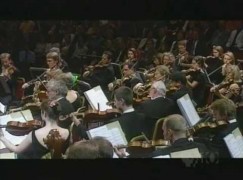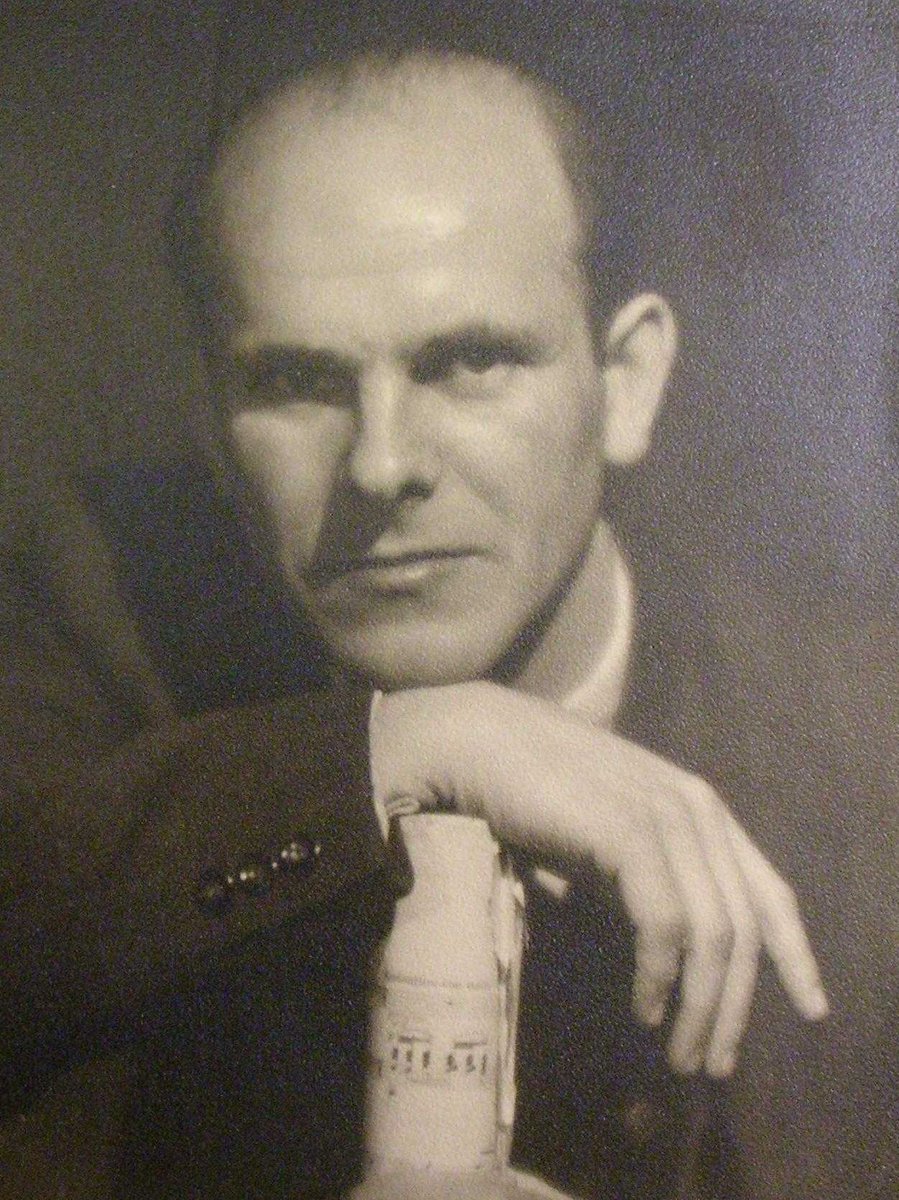In France concerts are cancelled, musicians sent home
mainThe Mayor of Lyon has announced five days of mourning for the victims of the Paris terror massacres.
The national orchestra of Lyon were informed of the cancellation of their Saturday concert two hours before it was due to start.
Their music director, Leonard Slatkin, who led the BBC Proms with dignity and calm in the terrible week of 9/11, planned to say a few words to the audience and musicians. He has allowed Slipped Disc to publish his intended speech.

Tonight’s program was intended as a celebration, filled with joy and good feelings. The horrific attacks in Paris have reminded all of us that we live in perilous times. What do we do in the face of senseless violence? How do we explain it to our children and ourselves?
On stage tonight, you see the members of the ONL. They are joined by colleagues from the Opera de Lyon. We come together to help bring a degree of solace and comfort to you. What cannot be said with words is best conveyed by music.
Instead of the announced pieces by Sir William Walton, we will play the Adagio for Strings by Samuel Barber. This piece has become the one the world turns to in times of grief and sorrow. It was heard at the funeral of Franklin Delano Roosevelt. It was played by orchestras around the world after the assassination of John F. Kennedy. And it was the work of choice after the atrocities of Sept. 11.
The Adagio has been called, “The Saddest Piece of Music Ever Written.” I do not agree. The aching, long melodic line is a thing of beauty, not tragedy. The crescendo at the works climax is one of the greatest affirmations of music’s power. And the ending, indefinite, reminds us that the world carries on, even at its darkest hours.
Our hearts and prayers go out to the friends and families of those who perished last night. But the resolve of the French people is strong and we will continue to believe in the best elements of our society, not the worst.
Here is a list of events cancelled and venues shut in Paris. The prefecture has ordered the closure of Salle Gaveau, the Philharmonie and other classical venues.
UPDATE: Message from Esa-Pekka Salonen: Work is best therapy on an immensely sad day like this. Our rehearsals for Bluebeard/La voix humaine resume tonight at Opéra national de Paris





The aftermath of such an atrocity is the time when we need music the most. Cancelling concerts is, to speak frankly, conceding to the terrorists, therefore, unless there were reason to believe *Lyon* (where the article implies the concert was to have taken place, although this is not stated explicitly) to be under imminent threat, I would argue that the outright cancellations (as opposed to, for example, changes in the programme, as Slatkin had proposed) there were a misguided decision, and, in my personal opinion, a perverse and counterproductive interpretation of the concept of mourning. Reading between the lines of this article, it sounds like the decision to cancel a concert in Lyon (assuming that the concert were indeed in Lyon, and not Paris) was taken by some bureaucrat, as opposed to Slatkin or the orchestra. At the very least, I hope the musicians will still be paid.
Re the musicians getting paid: The orchestre national de Lyon musicians have permanent positions and draw an annual salary, they are not paid per call.
The President of France declared a state of emergency. This, by itself, closes all public events (schools, swimming pools, concert halls, etc.) until further notice. All musical events in Paris and Lyon were cancelled for the weekend. They might resume during the week.
And it has been reported that there are still accomplices on the loose. side from grieving, people may not have wanted to attend events outside this evening, preferring the safety of their own homes and families as they processed what has happened and probably continued to follow the coverage of these horrific events.
Most likely there were sufficient phoned-in cancellations that, if there were any doubt, management decided cancellation was the best policy.
It’s also whether the audiences would have the appetite to turn out to such concerts when it is know that accomplices are still on the loose and the whole atmosphere is very fragile for them. Also the musicians themselves may want to have time to grieve. We need to accept this decision as it stands as none of us know what it is like to be in that situation and we don’t know all the facts. I am sure they will still get paid in the circumstances.
May they rest in peace.
Awareness manifests itself that the West is, already for some years, involved in the 3rd World War. May the arts strengthen its resolve to overcome the challenges it brings, and inspire consciousness of what is important and fundamental to our civilization, which will be the things by which it will be remembered.
For that reason the choice of Barber’s Adagio, however beautiful it is, shows an immense lack of imagination. Aren’t there more appropriate pieces? It has been used and misused at innumerable funerals, as the easiest routine choice to make, and has become some sort of musical pavlov reaction. There is more, and better music around.